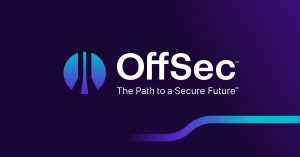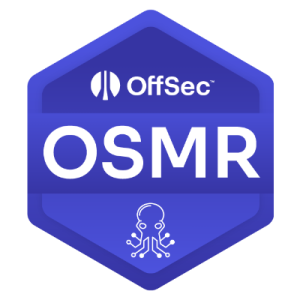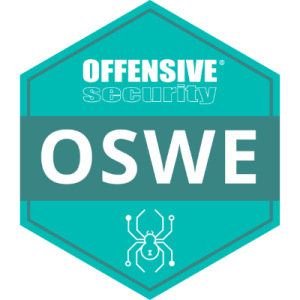
Let’s delve into the “Get Good at Python” learning path offered by OffSec. This curated cybersecurity path aims to enhance your Python skills and empower you with practical knowledge. Here’s what you can expect from this learning journey:
- Foundational Python Skills:
- Dive into Python essentials, including syntax, data types, and control structures.
- Learn how to write efficient and clean Python code.
- Explore common libraries and modules used in Python development.
- Web Application Security with Python:
- Understand how Python is leveraged in web security.
- Explore topics such as input validation, authentication, and secure coding practices.
- Learn about common vulnerabilities and how Python can be used to mitigate them.
- Automating Security Tasks:
- Discover how Python can streamline security operations.
- Automate repetitive tasks, such as scanning, reporting, and log analysis.
- Gain insights into scripting for penetration testing and vulnerability assessment.
- Advanced Python Techniques:
- Delve into more complex Python concepts.
- Explore topics like multithreading, networking, and data manipulation.
- Learn how to build custom tools and scripts for specific security scenarios.
- Real-World Projects and Challenges:
- Apply your Python skills to practical scenarios.
- Work on hands-on projects related to cybersecurity.
- Tackle challenges that simulate real-world situations.
By completing this learning path, you’ll be well-equipped to wield Python effectively in the realm of cybersecurity. Whether you’re a beginner or looking to level up your existing Python expertise, the “Get Good at Python” path provides a comprehensive and practical approach to mastering this versatile programming language.






